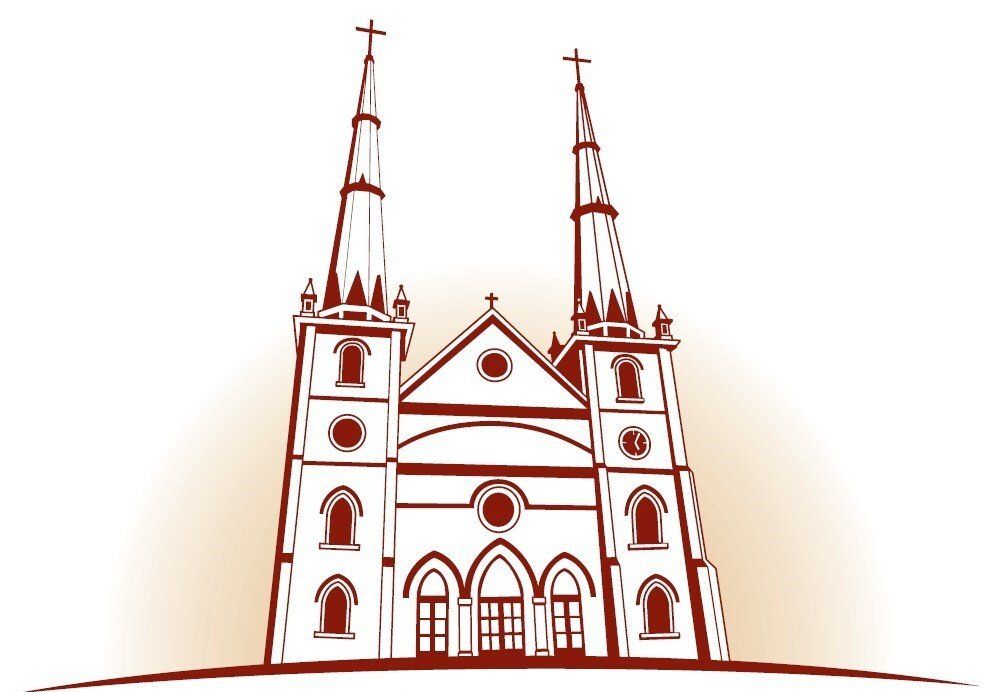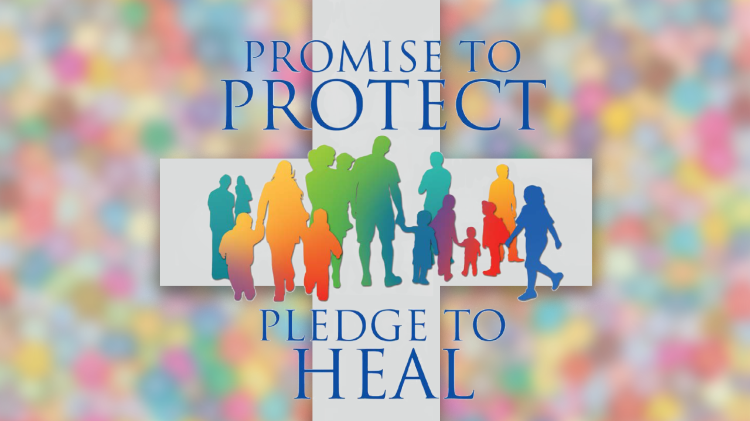Eucharist
And people were bringing children to him that he might touch them, but the disciples rebuked them. When Jesus saw this he became indignant and said to them, “Let the children come to me; do not prevent them, for the kingdom of God belongs to such as these." Mark 10:13-14
Religious Education CCD
2nd-7th Grade
Phone: (559) 485-6210
Email: ccd@stjohnsfresno.org
Registrations 2024-2025 Currently Closed
2025-2026 Registrations will start July 2025. More information to come.
Fee: $100 Please bring Baptism Certificate at time of registration
*If not baptized please bring Birth Certificate
Preparation for First Reconciliation and First Eucharist is a two-year process. Many children begin their preparation in Grade 2, but children are welcome to begin or continue Sacrament preparation at any grade level. To begin the Sacrament Preparation program, students must be enrolled in the Parish Religious Education program.
St. John's Cathedrals' Catechesis & Evangelization for Children is dedicated to reverence, respect, responsibility and service as a response to faith and love in Jesus Christ by offering programs dedicated to receiving the sacraments and ongoing catechesis.
*Baptism for Children ages 7 and above is called Rite of Christian Initiation. This process is family-centered. Children are expected to attend Religious Education according to their grade level. Families will be contacted during the first year of preparation to discuss the Christian Initiation program.
We are blessed to help you guide your children to the sacraments of
First Reconciliation & First Communion.
The Faith Formation process for children, 2nd grade through 7th Grade, is an integrated curriculum that consists of Catholic Catechism, Scripture and Liturgical
experiences in an age-appropriate format. Recognizing parents as the primary catechists in their children’s lives, the Faith Formation staff provides families with the tools and coaching they need to enrich the faith growth of their children.
April 2025
29
8:30am CCD
30
10:30am Second Scrutiny
31
1
2
3
4
5
8:30am CCD
6
10:30am Third Scrutiny
7
8
6:30pm CCD Teacher Meeting
9
10
11
12
8:30am CCD
13
14
15
16
17
18
19
10am CCD - Rehearsal
20
21
22
23
24
25
6pm CCD PRACTICE inside Church
26
27
28
29
30
1
2
Safe Environment
Diocese of Fresno Coordinator: Bianca Blanchette
(559) 493-2882
bblanchette@dioceseoffresno.org
St. John's Cathedral Coordinator: Sr. Rosalie Rohrer I.H.M.






